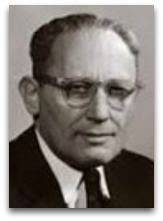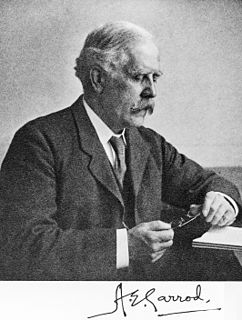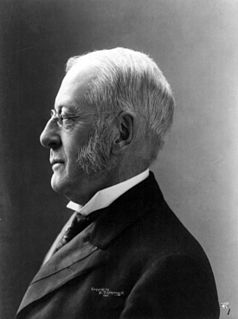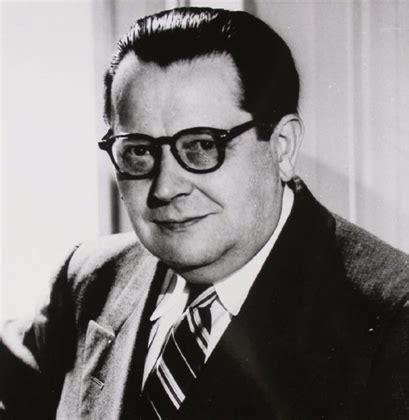A Quote by Julian Baggini
Science works because the phenomenon being described can be relied on to remain the same. Even in quantum physics, where phenomena are changed by observation, the way in which observation interferes is regular and falls within a limited range of possibilities. Human culture, however, has the nasty habit of never staying the same for very long.
Related Quotes
Quantum physics is the physics of possibilities. And not just material possibilities, but also possibilities of meaning, of feeling, and of intuiting. You choose everything you experience from these possibilities, so quantum physics is a way of understanding your life as one long series of choices that are in themselves the ultimate acts of creativity.
To the scientist, nature is always and merely a 'phenomenon,' not in the sense of being defective in reality, but in the sense of being a spectacle presented to his intelligent observation; whereas the events of history are never mere phenomena, never mere spectacles for contemplation, but things which the historian looks, not at, but through, to discern the thought within them.
Science is not, as so many seem to think, something apart, which has to do with telescopes, retorts, and test-tubes, and especially with nasty smells, but it is a way of searching out by observation, trial and classification; whether the phenomena investigated be the outcome of human activities, or of the more direct workings of nature's laws. Its methods admit of nothing untidy or slip-shod; its keynote is accuracy and its goal is truth.
Drawing instruction is a training towards perception, exact observation and exact presentation not of the outward appearances of an object, but of its constructive elements, its lawful forces-tensions, which can be discovered in given objects and of the logical structures of same-education toward clear observation and clear rendering of the contexts, whereby surface phenomena are an introductory step towards the three-dimensional.
Thus even supposedly unadulterated facts of observation already are interfused with all sorts of conceptual pictures, model concepts, theories or whatever expression you choose. The choice is not whether to remain in the field of data or to theorize; the choice is only between models that are more or less abstract, generalized, near or more remote from direct observation, more or less suitable to represent observed phenomena.
Ancient wisdom and quantum physicists make unlikely bedfellows: In quantum mechanics the observer determines (or even brings into being) what is observed, and so, too, for the Tiwis, who dissolve the distinction between themselves and the cosmos. In quantum physics, subatomic particles influence each other from a distance, and this tallies with the aboriginal view, in which people, animals, rocks, and trees all weave together in the same interwoven fabric.
It is a true observation of ancient writers, that as men are apt to be cast down by adversity, so they, are easily satiated with prosperity, and that joy and grief produce the same effects. For whenever men are not obliged by necessity to fight they fight from ambition, which is so powerful a passion in the human breast that however high we reach we are never satisfied.
Laplace considers astronomy a science of observation, because we can only observe the movements of the planets; we cannot reach them, indeed, to alter their course and to experiment with them. "On earth," said Laplace, "we make phenomena vary by experiments; in the sky, we carefully define all the phenomena presented to us by celestial motion." Certain physicians call medicine a science of observations, because they wrongly think that experimentation is inapplicable to it.



































